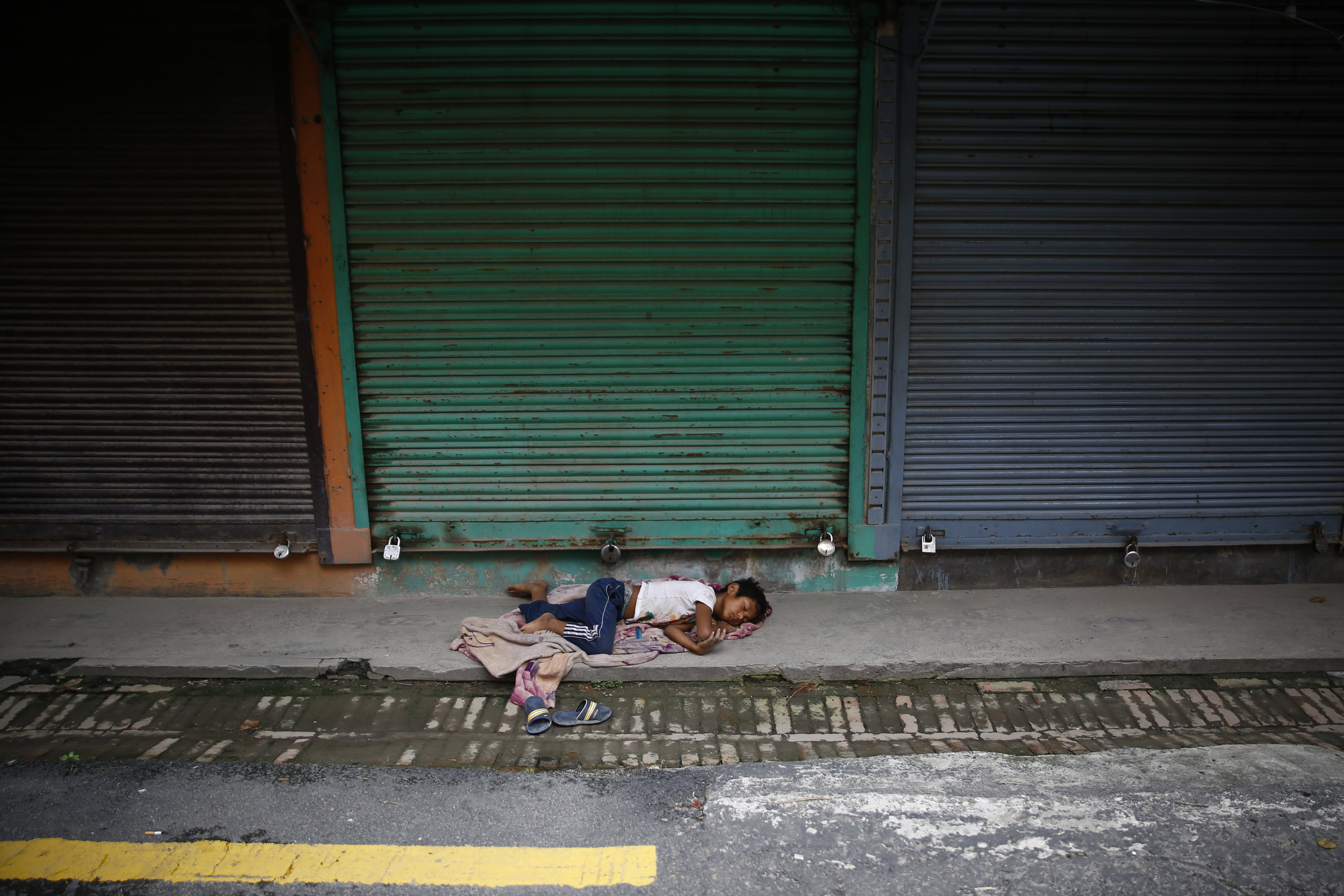Street children in winter
A warm blanket, thick clothes, hot soup and cozy nights are not for everyone in winter. This is the fate of the street children. The cold winds during the winter nights pierce their skin, but they have no shield to protect themselves against. They wrap their body in sacks and sometimes sleep with the street dogs to keep warm.
They sometimes warm themselves up with the thin blankets provided by some kind-hearted people. Unfortunately, those blankets are often stolen when these children go out in search of food for the day. They suffer from seasonal ailments due to the chilling cold, and some will perish. “I share a blanket with other friends. We even take drugs to keep ourselves warm and not feel hungry,” said a 14-year-old street child. Another said, “We build fires with the textbooks that you all study.”
The same books, different purposes!
For some children, domestic violence was better than this frigid temperature. “It was better being beaten by my step mom than having to endure this cold,” said a 16-year-old who had fled home. “Our lives would not have been so miserable if we had parents!” lamented another.
Street children not only have to endure physical pain but also mental torture. In Nepal, street children are often called Khate.
They are considered to be petty criminals, drug abusers and thieves. Their dirty language, shabby clothes and refusal to follow any social norm make the public think that street children are basically unsociable.
But aren’t we responsible for their behaviour? When we do not regard them as a part of our society, they think, “Why should we respect a society that rejects us?’’ These children work and live outside, usually in a gang, as helpers in local public transport (khalasis), plastic pickers, beggars, sellers of water bottles and newspapers. The local mafias target them to involve in criminal activities.
What made them live that way? Lack of love and affection from the parents, family breakup, domestic violence, poor socio-economic conditions in the villages and peer influence push children to the streets for their survival.
Many NGOs and INGOs are working to rescue such street children. But few are service-oriented.
Though there are a number of laws to protect such children, their effective implementation is still an issue.
Strict family laws not to abandon children or send them to the streets are required.
Let’s not judge them by their filthy looks and improper language.
Let’s treat them humanely.
Let’s simply view them as children, not criminals. Let’s show them some love and affection that they long for. Let’s give them a life of dignity.






